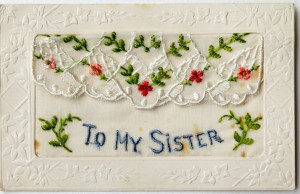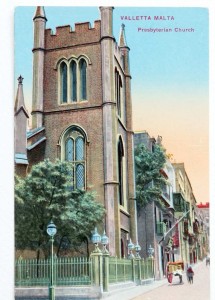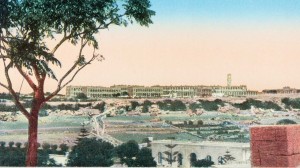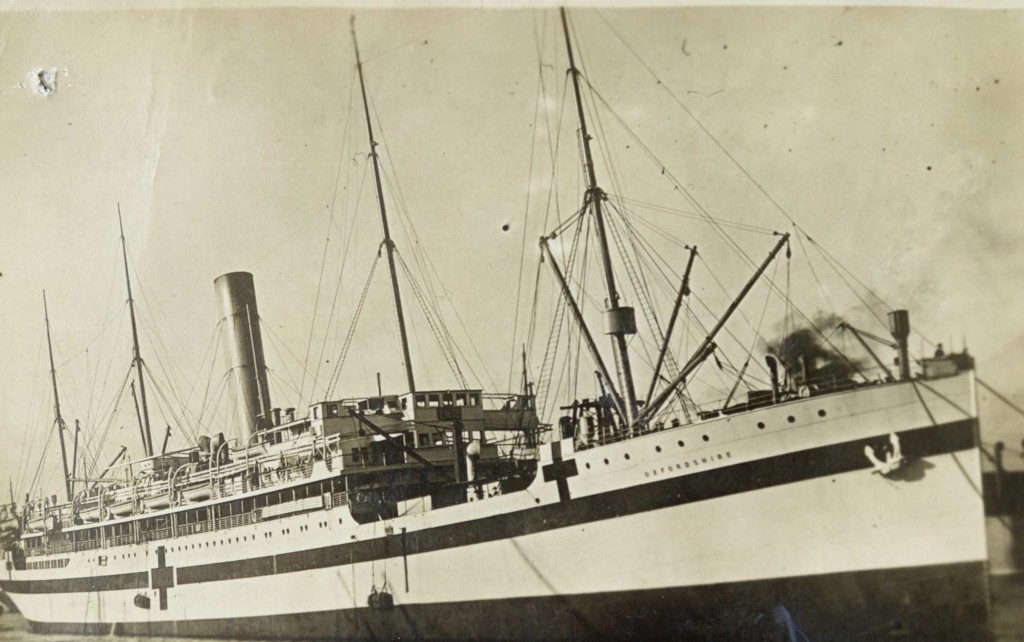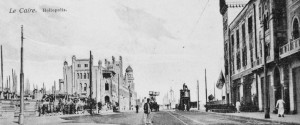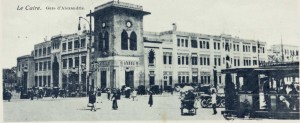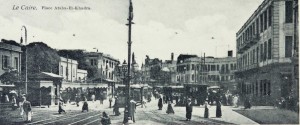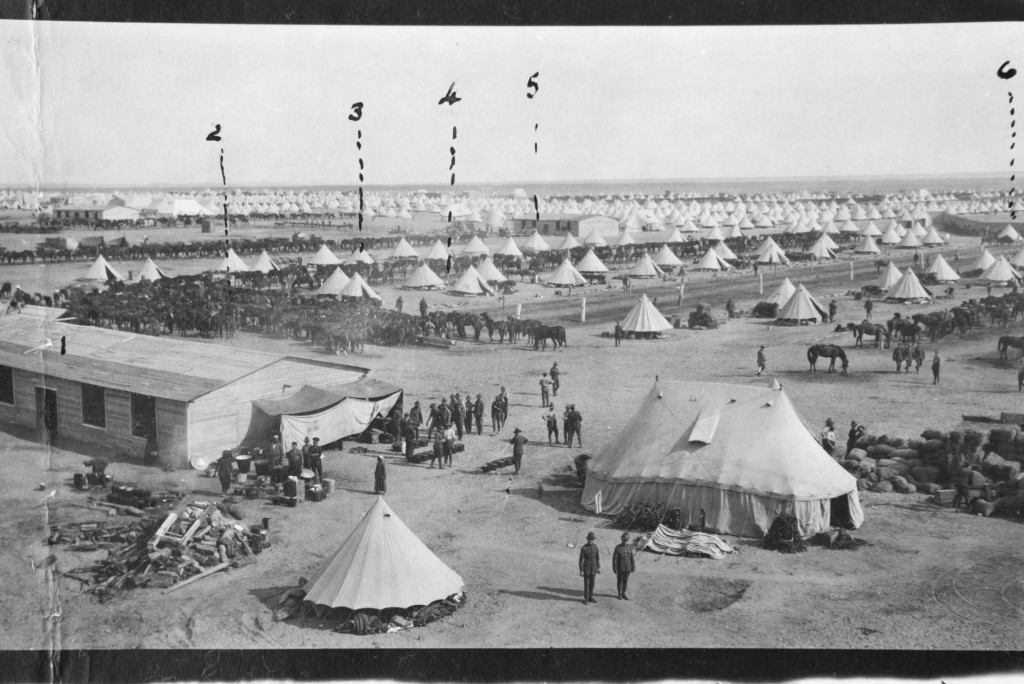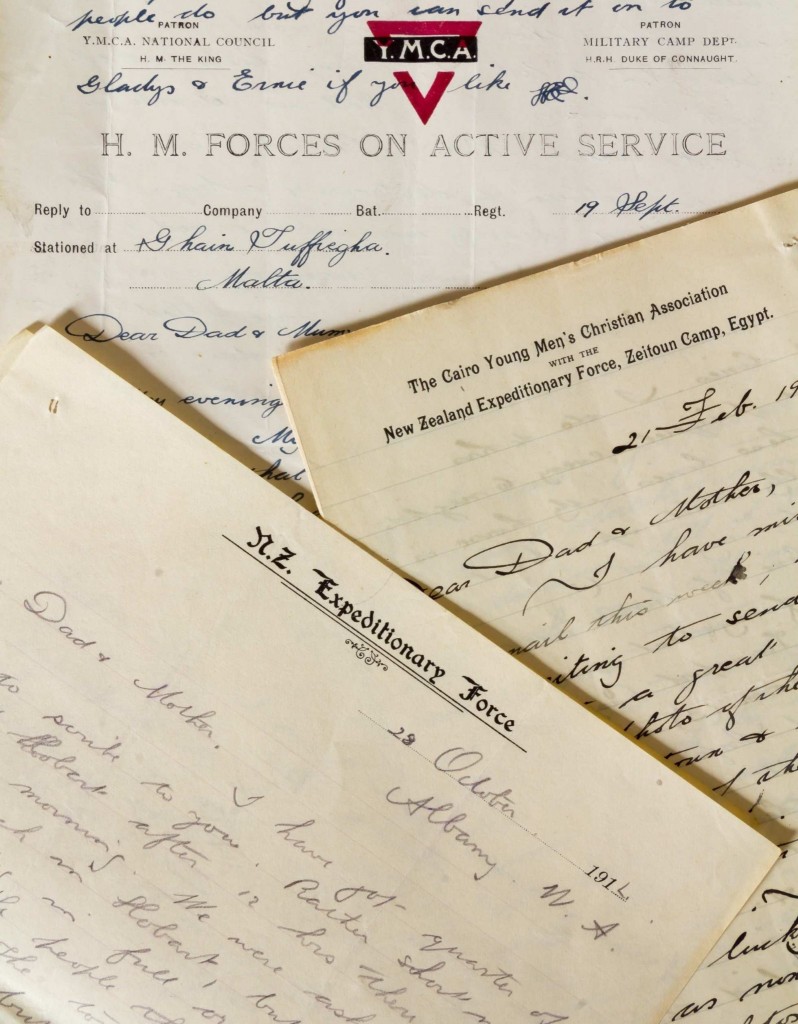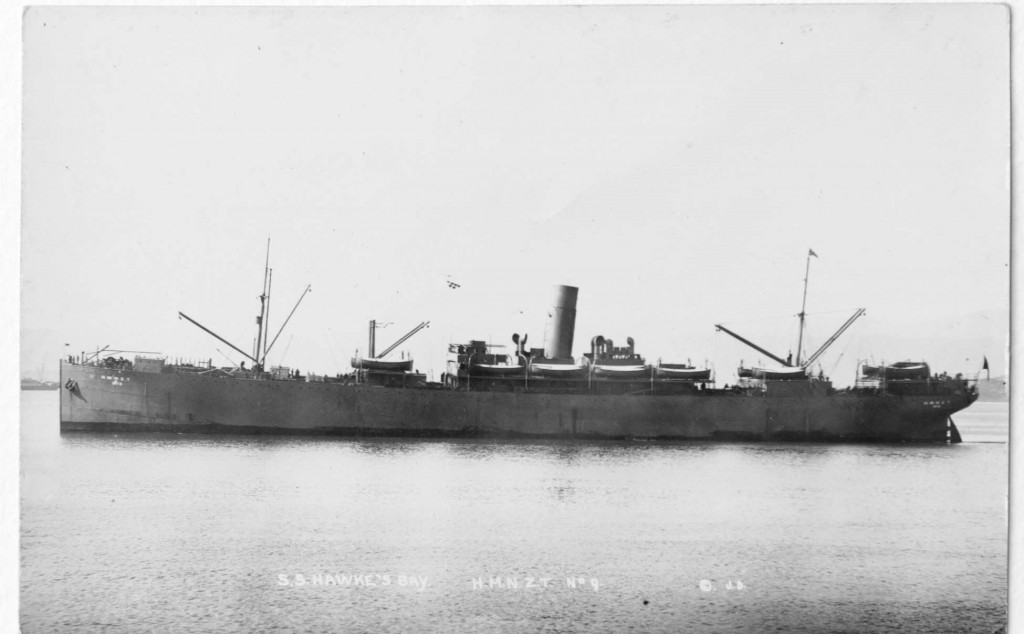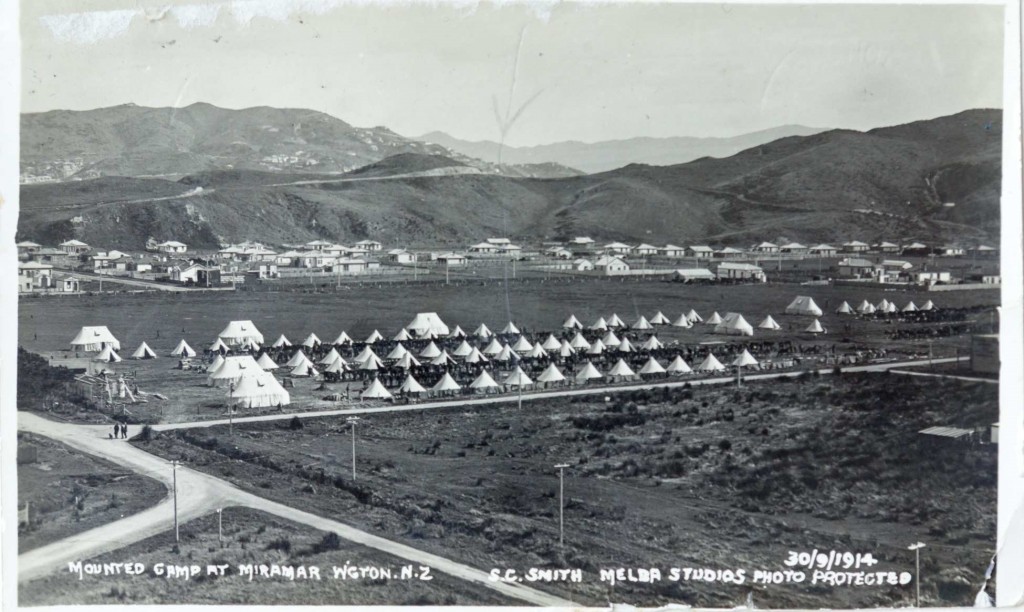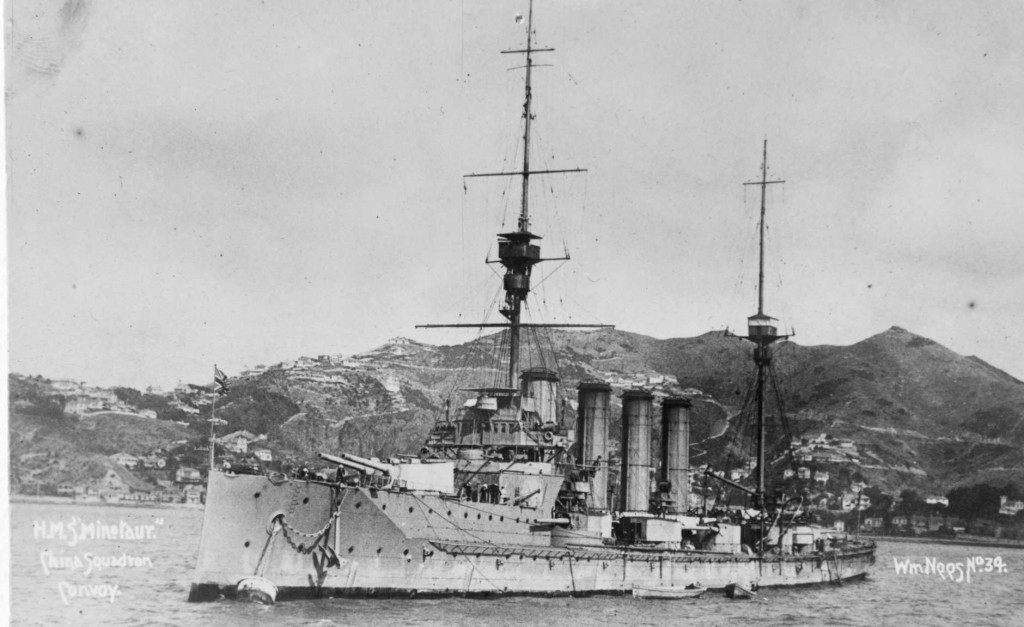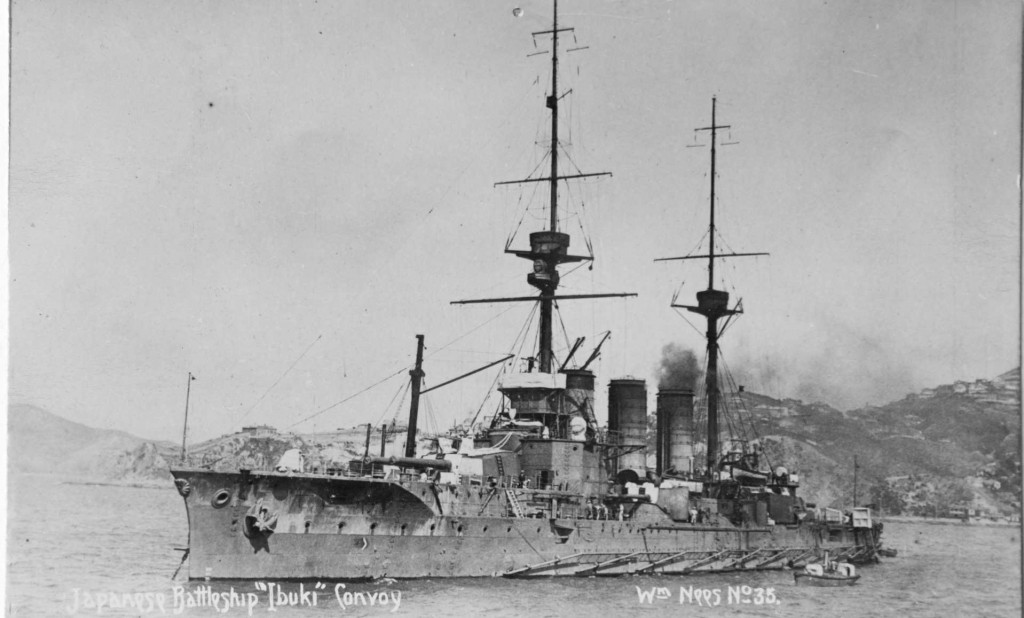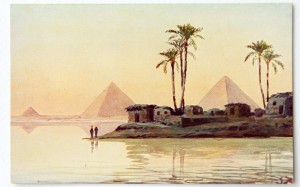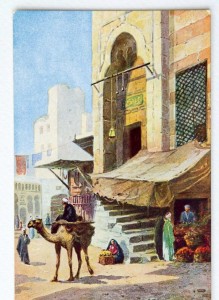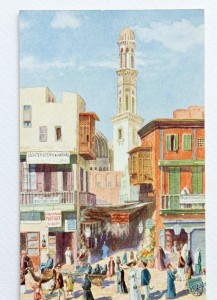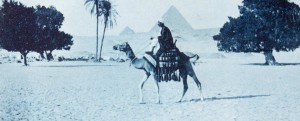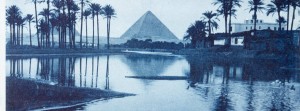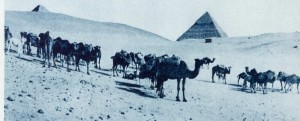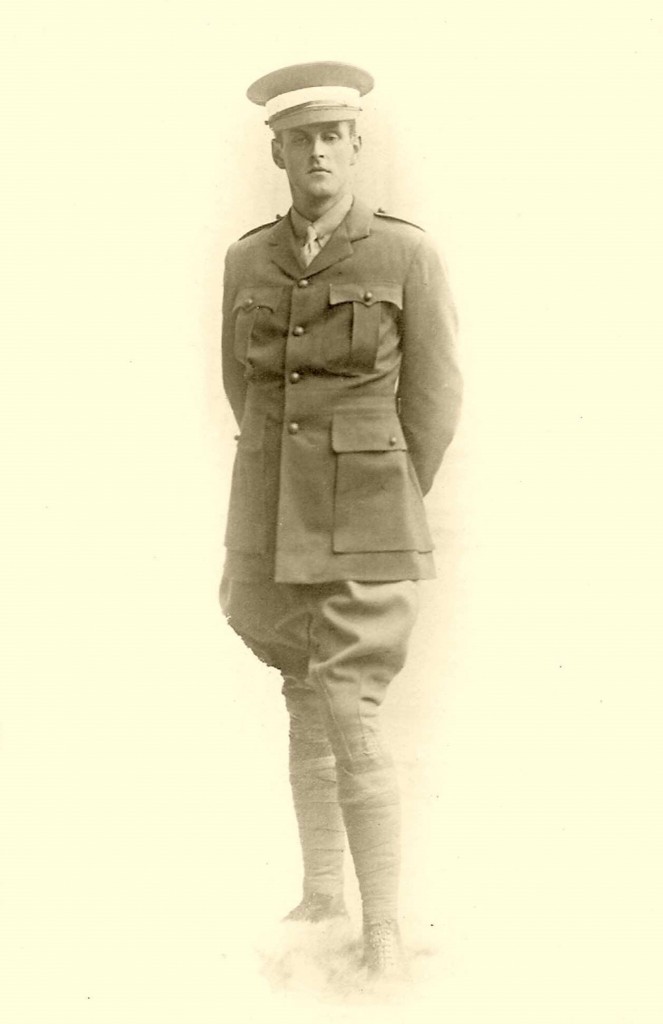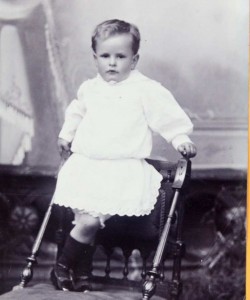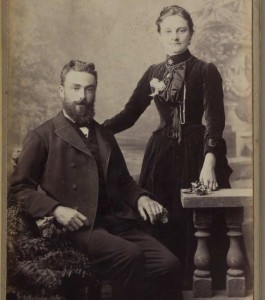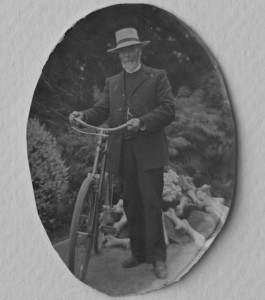(Continued from previous post located HERE)…
TO REDEEM THE PAST:
Glimpses of the Great War based on the letters of Eric Standring
©2014 All Rights Reserved
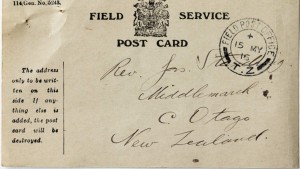
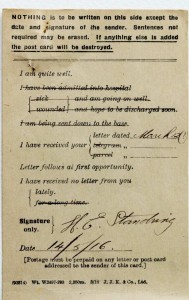
Becoming an Officer
The big achievement for Eric is that in August 1916 he finally receives word that he is recalled to England to undertake officer training. He is able to write from England with less censorship so provides a summary of what he has been up to.
17 August 1916
Dear Dad and Mother
The NZ mail leaves here tomorrow so I am writing to you tonight. By this he then you will see that I am once more in England. I can tell you a lot in this letter that won’t be censored. We left Egypt beginning of April. Sailed from Port Said. Called at Valetta, Malta and passed a good many of the Mediterranean islands whose names I forget. We arrived safely in Marseilles, which is a lovely place, specially the harbour. We journeyed through the heart of beautiful France stopping at Lyons, Fontainebleau, Versailles (just out of Paris), Rouen and at Havre on the coast. We stayed there about a week getting new guns (18 pounders) and horses etc. Then we entrained for Hazebrouck, a big town of about 30 miles from the firing line.
From there the whole Artillery division trekked to two a little village called Blaringhem.
Here we rested for a week, us gunners going back to the Hazebrouck intense by train to Calais where we did some shooting before the artillery generals. I was laying our gun and we passed in five shots which was very good. We had leave for a day and a half and I spent it seeing old Calais, the ramparts etc. When we got back to Blaringhem we trekked on to Armentieres, taking about a week, stopping in various billets. It was a miserable journey as it rained all the time and was bitterly cold.
At last we reached Armentieres. We pulled in in the dead of night, luckily it was a quiet night but the pop, pop, pop of our machine guns and the occasional crash of a shell or bomb made it seem very real to us. We went into the gun lines, the limbers and horses and drivers going to billets about a mile out of the town. We took over four guns in their pits from some Tommies.
We had our baptism of fire on the Western front that night. The gun pits in France are as comfortable as a steamer cabin. Ours was as big as the room. Tiled floor and spring mattress bunks. I described them in a previous letter.
We were in this position for weeks. We fired an awful lot, both day and night and got very little sleep. Experienced gas attacks, though mild. There was a lovely church next to us and one morning the Huns took it into their heads to destroy it. They shelled it severely and then back set fire to it with incendiary shells and in a few hours only a smoldering only a few stones marked the site of an ancient and beautiful edifice. That same morning they spread a shell or two round and got a couple of women who were watching the church burn, and a few kiddies who were playing in the streets near so they had a most successful morning viz one church, two women, and a few kiddies.
Indications soon appeared they had located our battery so one night we flitted from our old chateau to the brickyard where Paddy O’Leary won the VC and the battle of that brickyards last year. Our new position was most unlovely and exposed to much shell fire, and occasional machine gun, so I was not sorry when the news came three weeks ago I was selected for a commission. I said goodbye to all the boys own, went to the billet where I stayed on my weeks spell off the gun and seat goodbye to Madame and her daughters and husband, who cried and kissed me goodbye on both cheeks as usual.
Next morning I rode the 8 miles to the rail head and was in Boulogne for dinner. From there I went to a place called Etaples, a little Breton fishing town on the coast some score miles south of Boulogne. It is a NZ base. Here I did nothing for three weeks but wonder round the country which is awfully pretty round here. It last the order to move came and we soon crossed the channel to Folkestone, reaching London the same night. Spent next day on business at headquarters, and left for Salisbury plains next night.
Am at present undergoing a course the physical instruction and a place called Codford. We have a special army instructor, but have to work very hard. Do not know which army I am going into yet, but I rather hope it is the imperial. We have to undergo four months training here. The are 17 of us and we have a pretty good time and it will be better when we get out of here, as there are great number of NZ chaps here who have been skulking in England dodging France, and they are somewhat jealous of us chaps getting commissions I hope I have pleased you and proved in a slight manner that I am trying to get on and to redeem the past. It is chiefly on account of the past that I prefer the imperial army as there is no possibility of anyone knowing my past there.
I have not seen Doris yet, but I hope to go out for this coming weekend and I guess she hopes so too. Mrs M is very ill and Aunt Anne Darbyshire who lives near and who is very nice, has just received word today accused some Harry was killed in action in July, a few days after arriving in France. She only has two boys and the other is in action in France too.
I hope you are all well. I am pretty good. If Ernie joins up and comes over here I will be from under me. Very much love to all. Please do not publish any of this letter, not that it is worth it, but it contains a lot of information I would be punished for giving.
I am, your loving son,
Eric
Being back in England also allowed Eric to see Doris again after eight months. Initially he had a weekend train pass and went up to Salford. Several weeks later he is looking forward to three weeks leave with Doris. He travels up to Manchester. He and Doris have a day together and then his brother Vic arrives. So the two of them have lunch with Tom Mansergh and Mr James Brierly (a Standring relative) then went to one of the biggest hotels in Manchester.
When Eric gets back to “Sunny Lea” there are orders for him to return to Codford immediately so he missed his holiday. Eric now continues his training at Lichfield.
By December 1916, Eric has finished his officer training and is a Lieutenant. He manages to see Vic again and has two weeks leave with Doris.
Eric had some time in the Otago Regiment and then went back to the NZFA. The final letter he wrote to his parents was on 22 May 1917.
My dear Dad and Mum
I have left all the writing lately to Doris. I have got an off day to day so here goes.
I am getting on well in the artillery as I had just been given command of a battery and another star. I have two second lieutenants under me, so I am getting to be some pea. One is away wounded just now though, so I have plenty to do. I was promoted the day before yesterday. I hardly know where to begin as I don’t know what Doris has told you. I came out of France again the end of January, and was put in the Otago infantry for about a month under Colonel Chartres. Then the general of artillery sent for me and I was sent back to artillery as second in command of our trench howitzer battery. I was given command of a battery for a few days on account of casualties and pleased the heads, so that accounts for my present appointment. Colonel Chartres gave me a good report of my work in the infantry so you will see I am trying by hard work and perseverance to be a credit to you.
The work is rather risky, for although the trench howitzers throw a tremendous shell they had a very short range, so we have to work very near Fritz. He doesn’t like us, so we get a lot of shifting about from one place to another.
I am sitting just now at the open window of an upstairs room overlooking a wide and beautiful green valley. All the trees are in leaf and blossom, and dotted among the trees are a little white farmhouses with red tiled roofs. In spite of the fact that todays of visibility is low I can see puffs of white smoke here and there, and an occasional dark burst. Of course I can hear plenty, but these are the only indications that this pleasant and beautiful valley is really a veritable valley of death. Yet the birds are singing away and sparrows are chirping away under the caves of my house. The white and dark clouds and puffs of smoke of high explosive and shrapnel.
This house is exposed a bit and has received more than one crack, but it has a deep and well protected cellar. On dull days it is quite safe to sit upstairs, but we have to sleep down below.
I do not know of much news. Doris is not too well as the long strain is telling on her. Ma is still very ill and has to stay in bed most of the time. Tom is all right as far as health. But things are so dear money doesn’t go far. His horses are just about finished as one is not allowed to feed horses on grain. Syd Whitney is home on leave just at present. His unit is in France now. I have had a letter or two from Margaret Brierly. She is a decent sort.
Also one from Mrs. Jessop which is enclosed. She writes every time in answer to mine and as a jolly good sort.
One of Doris’ uncles I know it has the young son named Fred. He is only a bit of a boy, but is a real English kid with plenty of heart in him. He writes every now and then and his letters are always funny. He thinks I am the personification of bravery and beauty.
The said enclosed is a sample.
Now dear Dad and Mum I must ring off. This is my address should you desire to write to me through the military but I shouldn’t advise it Lieut H.E.S. O.C.( Z).M.T.M. Battery N.Z.F.A. France c/o G.P.O. Wellington.
I hope you are both quite well. There is a rumour that Main Body men will it get home in August, but I don’t suppose it applies to officers. In any case I will not be home yet a while. I am well, but fed up a bit with the war. Next time I get to Blighty I will have a decent photo taken. I was angry with Doris for sending over those atrocities she did. I expect to go over for a few days soon.
Much love to all, I am, your loving son,
Eric
A month later he wrote to his sister Gladys.
My dear sister Biddy
It is with great delight that I take up my seldom used pencil to write you a few lines. It is due to the above date, cause tomorrow will be your birthday.
I wish you many happy returns of the day, and hope to see you and give you the case of brotherly affection and regard that I would love to give you now, before another birthday comes around.
Well my dear little sister I hope you are alive and well and blooming like the rose, like you used to anyway. And that you haven’t forgotten me, for although I’ve awfully slow at writing, I never forget you all.
I’m still the same Eric, though a lot wiser and steady, and perhaps a little better than I used to be. Any way there is one of fluffy headed piece of goods who seems to think I am the noblest and kindest creature alive, and that is Doris.
I’m happy to write that I am now a full blown battery commander, and my noble shoulders I graced by two sparkling stars on each. Such is fame oh sister, but joking apart, I am getting on the real well and will be a credit to you yet. I suppose you’ll be pleased then Biddy.
Doris’ mother died a few days ago, we all expected it, nevertheless it has come as a shock somehow. I am going home on leave 10 days on July 3, so I will be with her soon to cheer her up a bit.
You will like her fine I know you will, for first and foremost she is a sport. But she is a bit unconventional in her style and dress, and I doubt she will please some of Daddy’s staid old parishioners as she possesses a fair amount of the Old Nick too. But she is very tenderhearted too and is real good to everyone, especially to her Mother, who used to be a bit cantankerous while she was so ill.
I hope you haven’t got the idea she is not good. She is, but is not a saint, and just suits me down to the sole of her foot, bless her.
And that she really is pretty, some people reckon beautiful, but I shouldn’t say it, being her husband.
I know Gladys you will be very proud and delighted with her and she with you. We get on awfully well together all the time, not that we have had much time together. I reckon I did one of the best acts of my life when we ran away and got married. We really were scared once we made up our minds, and when the day came and Doris was half dead with a sore throat, and it poured and poured with rain and Ma wasn’t going to let us go out, and we had to be at the registry office by 2.00, well our spirits were just about down to zero mark.
Then we had to find a couple of witnesses and got two wounded soldiers. We were all as shy as anything but it was soon over. Then we were beginning to buck up a bit when it was all over as the rain had stopped, so we felt hungry. We looked around and spied a Café, so reckoned we would have a feed. I suppose we didn’t look about much as it was a vegetarian show we struck, consequently the waitress went crook when I asked for steak.
When we were coming home, we meet Doris’ cousin Winnie Darbyshire and Doris told her the great news. Her eyes stuck out of her head and all she could say was “oh, oh” and giggle. We did not break the news to anyone until Boxing Day, well that tore things. That is the history of our wedding day, sister mine. Now all are as pleased as they should be, though I can’t say they were dying of joy at the time.
Poor Ma was proud as anything of me when I got a commission and couldn’t do enough for me.
So I guess we will all be happy and have a good time when we come home after this war.
How are Dad and Mother? I am writing by this mail. I have been very busy, but will try and write oftener. How is Gordon getting on? Hope he’s doing all right. Now I send you lots of love, dear kiddy, and hope to see you soon.
Suppose you will be getting married soon and then I will have to look out. Much love to all and cheerio,
Your loving brother, Eric
Lt H E Standring
O.C. (Z) M.T.M Battery,
N.Z.F.A.
(If you have missed reading parts of this series, please Start Here)
(If you are ready to move to the next article, Click Here)


